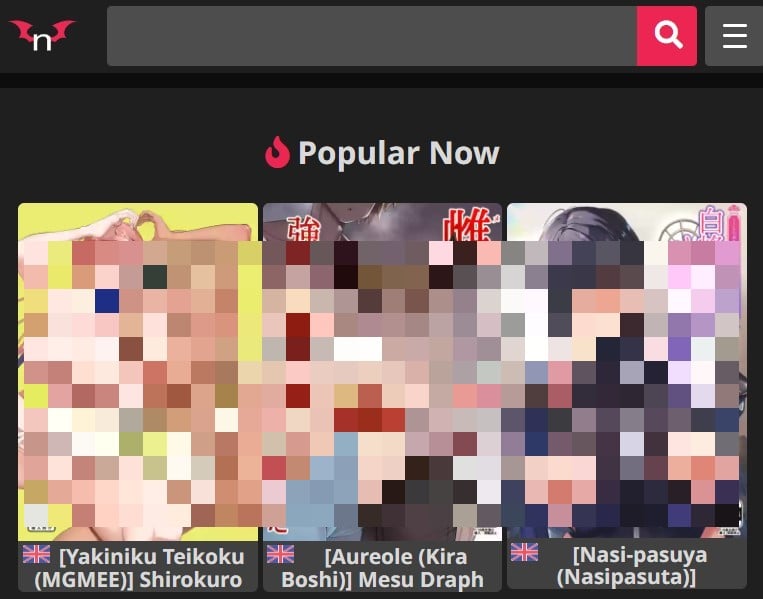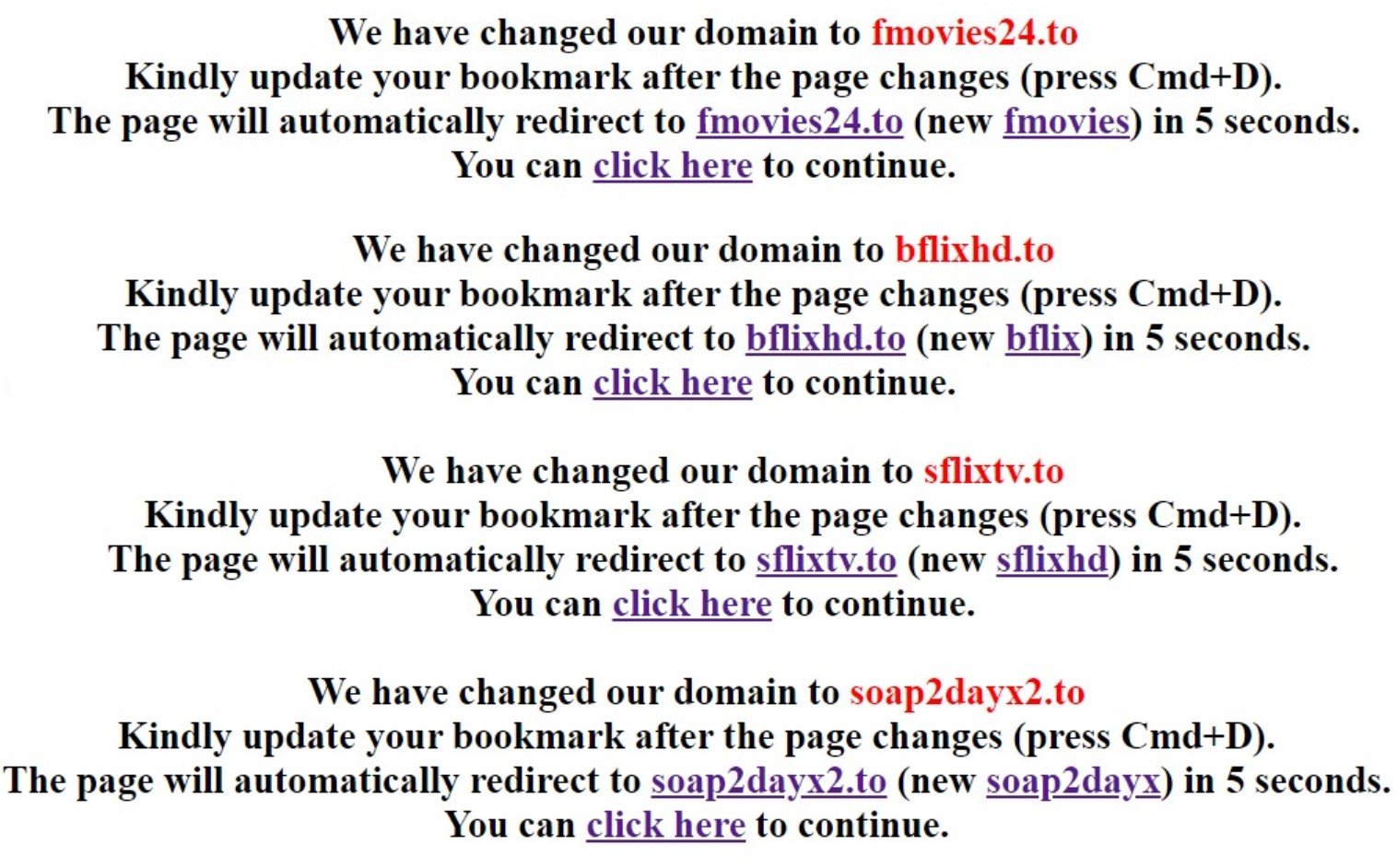-
chevron_right
Suno & Udio to RIAA: Your Music is Copyrighted, You Can’t Copyright Styles
news.movim.eu / TorrentFreak • 1 August, 2024 • 6 minutes
 On June 24, 2024, the RIAA announced two separate copyright infringement lawsuits targeting what many believe are the most impressive services in the generative AI music market.
On June 24, 2024, the RIAA announced two separate copyright infringement lawsuits targeting what many believe are the most impressive services in the generative AI music market.
Unchartered Labs, the owner of Udio, was sued in the US District Court for the Southern District of New York. At the US District Court for the District of Massachusetts, the target was Suno, Inc. the company behind the AI platform of the same name.
Plaintiffs including UMG Recordings, Capitol Records, Sony Music Entertainment, Atlantic Records and Warner Records, dominate both lawsuits, which contain broadly similar claims against both AI companies. The labels claim that Udio and Suno “copied decades worth of the world’s most popular sound recordings” and then ingested those copies into AI models to generate outputs that “imitate the qualities of genuine human sound recordings” for the purpose of generating profit.
The labels claim that both businesses “exploit copyrighted sound recordings without permission” in support of services that threaten to “displace the genuine human artistry that is at the heart of copyright protection.” Any attempt to mount defenses based on fair use, the labels warned , would end in failure.
AI Companies Confidently Answer Respective Complaints
Given the similarities in the labels’ complaints, Udio and Suno have taken the logical step of consolidating their respective defenses at Latham & Watkins LLP, an international law firm with a specialist artificial intelligence team. Filed earlier today, Udio and Suno’s individual answers have much in common, as one would expect given the nature of the complaints.
Details specific to each case see the answers diverge on occasion but where it really matters, Udio and Suno are not only in lockstep but seemingly brimming with confidence.
In opening preliminary statements, the companies explain that their respective platforms are tools for making new music, original music, and that’s how they’re being used; to create “new songs that didn’t and often couldn’t previously exist.”
“Like a human musician, [Suno/Udio] did not develop its capabilities in a vacuum. It is the product of extensive analysis and study of the building blocks of music: what various genres and styles sound like; how songs in those genres and styles are harmonized and structured; the characteristic timbres of the instruments and vocalizations in those genres and styles; and so on,” the answers begin.
“Those genres and styles—the recognizable sounds of opera, or jazz, or rap music—are not something that anyone owns. Our intellectual property laws have always been carefully calibrated to avoid allowing anyone to monopolize a form of artistic expression, whether a sonnet or a pop song. IP rights can attach to a particular recorded rendition of a song in one of those genres or styles. But not to the genre or style itself.”
Labels Control Using Copyright, No Libraries of Music Exist
The AI companies are not the first to describe the plaintiff RIAA labels as dominating forces in the music industry. Claims that these copyright lawsuits, like many that preceded them, are ultimately about control rather than infringement, are in no way unique either. Yet, in these lawsuits, unlike any others before them, potential loss of control meets non-typical copyright infringement claims, as both answers explain.
“[The labels] frame their concern as one about ‘copies’ of their recordings made in the process of developing the technology — that is, copies never heard or seen by anyone, made solely to analyze the sonic and stylistic patterns of the universe of pre-existing musical expression. But what the major record labels really don’t want is competition.”
The labels’ position is that any competition must be legal, and the AI companies state quite clearly that the law permits the use of copyrighted works in these circumstances. Suno and Udio also make it clear that snippets of copyrighted music aren’t stored as a library of pre-existing content in the neural networks of their AI models, “outputting a collage of ‘samples’ stitched together from existing recordings” when prompted by users.
No Storage of Music, Only Information About Musical Styles
“[The neural networks were] constructed by showing the program tens of millions of instances of different kinds of recordings,” Suno explains.
“From analyzing their constitutive elements, the model derived a staggeringly complex collection of statistical insights about the auditory characteristics of those recordings — what types of sounds tend to appear in which kinds of music; what the shape of a pop song tends to look like; how the drum beat typically varies from country to rock to hip-hop; what the guitar tone tends to sound like in those different genres; and so on.”
These models are vast stores, not of copyrighted music, the defendants say, but information about what musical styles consist of, and it’s from that information new music is made.
Input to AI Was Fair Use, AI Output is Non-Infringing
Most copyright lawsuits in the music industry are about reproduction and public distribution of identified copyright works, but that’s certainly not the case here.
“The Complaint explicitly disavows any contention that any output ever generated by Udio has infringed their rights. While it includes a variety of examples of outputs that allegedly resemble certain pre-existing songs, the Complaint goes out of its way to say that it is not alleging that those outputs constitute actionable copyright infringement.”
With Udio declaring that, as a matter of law, “that key point makes all the difference,” Suno’s conclusion is served raw.
“That concession will ultimately prove fatal to Plaintiffs’ claims. It is fair use under copyright law to make a copy of a protected work as part of a back-end technological process, invisible to the public, in the service of creating an ultimately non-infringing new product.”
Noting that Congress enacted the first copyright law in 1791, Suno says that in the 233 years since, not a single case has ever reached a contrary conclusion.
In Authors Guild v. Google, Inc. , copying all the books in numerous university libraries, to create a commercial, full-text searchable index, was found to be fair use. The same conclusion was reached in Kelly v. Arriba SoftCorp , where copying vast amounts of online images to create thumbnails was deemed transformative fair use. Likewise, A.V. ex rel. Vanderhye v. iParadigms , where copying students’ papers into a plagiarism tool was also deemed fair use.
Labels Own Copyrighted Music, Nobody Owns Musical Styles
In addition to addressing allegations unique to their individual cases, the AI companies accuse the labels of various types of anti-competitive behavior. Imposing conditions to prevent streaming services obtaining licensed music from smaller labels at lower rates, seeking to impose a “no AI” policy on licensees, to claims that they “may have responded to outreach from potential commercial counterparties by engaging in one or more concerted refusals to deal.”
The defendants say this type of behavior is fueled by the labels’ dominant control of copyrighted works and by extension, the overall market. Here, however, ownership of copyrighted music is trumped by the existence and knowledge of musical styles, over which nobody can claim ownership or seek to control.
“No one owns musical styles. Developing a tool to empower many more people to create music, by scrupulously analyzing what the building blocks of different styles consist of, is a quintessential fair use under longstanding and unbroken copyright doctrine.
“Plaintiffs’ contrary vision is fundamentally inconsistent with the law and its underlying values.”
Suno and Udio’s answers to the RIAA’s lawsuits are available here ( 1 , 2 , pdf)
From: TF , for the latest news on copyright battles, piracy and more.


 The International Olympic Committee (
The International Olympic Committee (



 Internet infrastructure service Cloudflare serves millions of customers around the globe, providing various connectivity and security features.
Internet infrastructure service Cloudflare serves millions of customers around the globe, providing various connectivity and security features.






 In recent years, legal video and sports streaming services have flourished around the world.
In recent years, legal video and sports streaming services have flourished around the world.



 With more than a quarter billion site visits between February and April, pirate streaming site Fmovies is seen as a major threat by Hollywood.
With more than a quarter billion site visits between February and April, pirate streaming site Fmovies is seen as a major threat by Hollywood.
